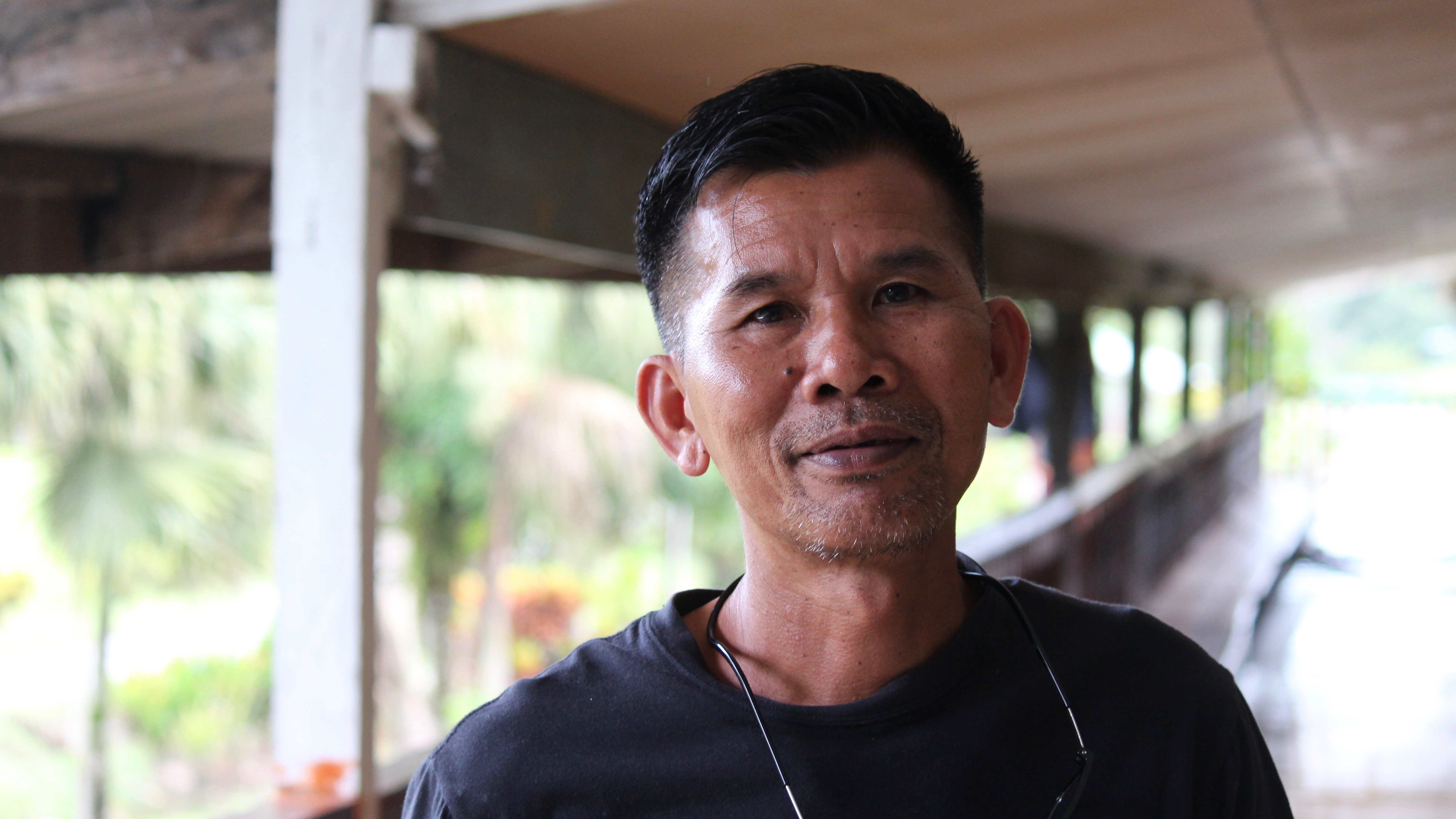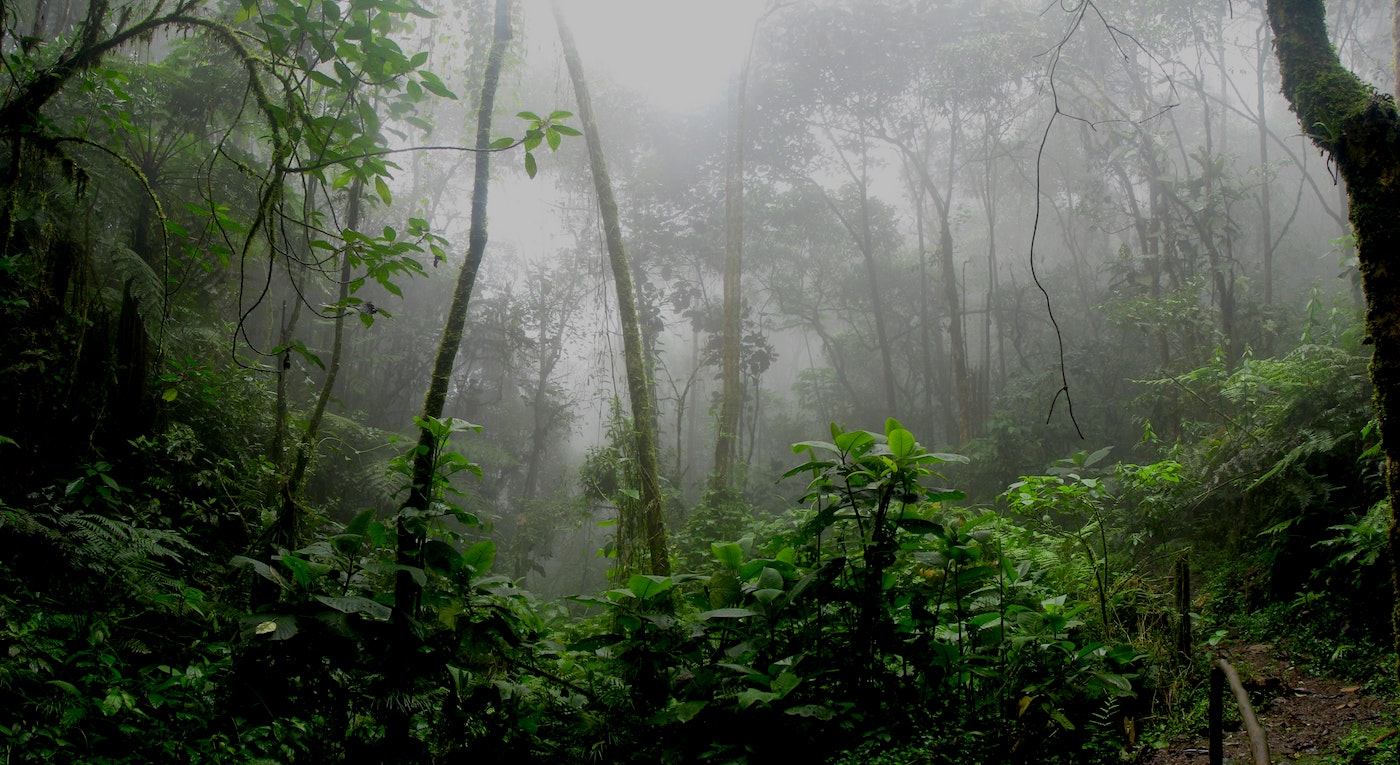Dear Friends of The Borneo Project,
2018 was a year of seismic changes for Malaysia. The ruling coalition was voted out of government after 61 years in power, and the spectacular fall from grace of the old guard marked a new era for Malaysian politics.
But for the men, women and children displaced by dams, nothing much has changed. For Tuah Miku, 2018 instead marks 20 years since he was kicked off his land to make way for the Bakun hydroelectric dam project.

In 1998, along with his brothers, mom and dad, Tuah was forcibly moved to the resettlement township of Sungai Asap. Their ancestral longhouse of Rumah Nyaving, along with the rich, healthy rainforest on which they relied, now lays at the bottom of a dam reservoir.
While the rest of Malaysia celebrates a fresh start, indigenous rights in Sarawak and Sabah continue to be ignored.
Resettlement life in Sungai Asap has not been easy. The Miku family was allocated a distant piece of swampy land with no access road. Tuah’s dad, Miku Loyang, sells betel nuts and carves traditional Kayan musical instruments, but wood is increasingly difficult to come by. Those who can, move away.
The township is surrounded by oil palm plantations. Paraquat dichloride is the most commonly used herbicide: a toxic chemical classified by the CDC as ‘highly poisonous’. We are told workers regularly come into contact with paraquat, and bring it back into the community on their shoes and clothes.
Back in the old longhouse, no one had heard of cancer, infertility, or chronic respiratory illness. In Sungai Asap, we are told, these health complaints are commonplace. When relatives come to stay from other parts of Malaysia, they get stomach flu. Sometimes the water comes out of the tap murky and muddy. Sometimes it doesn’t come out at all.
Communities like Sungai Asap have long been ignored by the powers that be. We are building a movement to change that.
The water protectors of the Standing Rock Sioux taught us that water is life. Flint taught us that vulnerable communities can be poisoned by their own governments, even here in the United States. The Baram dam resistance taught us that we can fly in the face of seemingly insurmountable odds, and we can win. These movements also reinforce what we have long known at The Borneo Project — the most effective way to demand justice is to build a movement of solidarity from the ground up.
You can be part of the movement to demand justice for indigenous Sarawak.
For the first time, we are working alongside the Federal administration and the state Sarawak Forest Department. We are striking while the political iron is hot, while there is a chance to bring about lasting change.
We have big plans, but we don’t have the big budget to match them.
More than 80 percent of our funding comes from individual donors. Without the backing of large foundations, our work relies on the generosity and compassion of our network. We are in a unique position to lobby for justice for displaced communities, to advocate for river and forest protectors, to champion policies that safeguard primary rainforests and reforest degraded ones. We don’t expect things will change overnight, but we are leaning into the opportunity to end business as usual in Borneo.
But we need your help.
We believe that protecting human rights and environmental integrity in Borneo is a vital component of a just and peaceful world. Tropical forests protect us from climate change, and we believe that preventing and reversing the effects of climate change is the principal responsibility of our time.
This holiday season, please consider making a personally significant donation to The Borneo Project. Your donation is the most direct way you can champion indigenous climate justice in Borneo. You are the backbone of our organization, and we can’t do it without you.
With gratitude for your continued support,
Jettie Word
Executive Director


